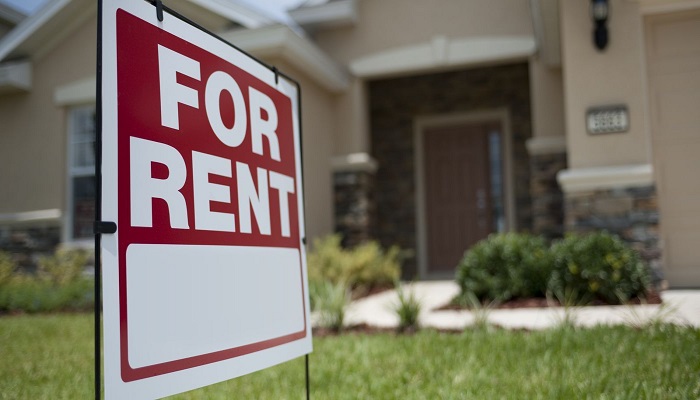Renting a decent home in Ghana, especially in urban centers like Accra, Kumasi, and Takoradi, has become a growing financial burden for many households. The country is witnessing a deepening rental crisis, driven by a mix of rising property prices, inadequate housing supply, inflationary pressures, and limited enforcement of rental regulations.
Skyrocketing Rent Across Urban Areas
In Ghana’s capital, Accra, a one-bedroom apartment in a mid-range neighborhood like East Legon or Osu can cost between GH₵2,500 and GH₵4,000 ($180–$290) per month. In more upscale areas like Airport Residential or Cantonments, rents can exceed GH₵10,000 ($720) monthly for a modest two-bedroom apartment. In Kumasi and Takoradi, rent is relatively lower but still unaffordable for many low-to-middle-income earners.
What exacerbates the crisis is the requirement to pay rent in advance, often covering 1–2 years upfront, a practice that is financially crippling for many tenants. For a GH₵2,500 apartment, this could mean forking out GH₵30,000 to GH₵60,000 ($2,160 to $4,320) just to move in—a virtually impossible feat for most working Ghanaians.
Supply vs. Demand: A Persistent Mismatch
Ghana faces a housing deficit estimated at over 1.8 million units, according to the Ministry of Works and Housing. Each year, an estimated 100,000 housing units are needed to keep up with demand, but supply remains far below that threshold. Most private developers focus on building homes for the upper-income bracket, leaving a massive affordability gap for the majority.
High land prices, building material costs, and a lack of investment in affordable housing development further widen the gap. Government-backed schemes such as the National Rental Assistance Scheme (NRAS), introduced in 2022 to offer rent advance support to low-income earners, have had limited reach and impact due to funding constraints and bureaucratic hurdles.
Inflation and Currency Depreciation
Ghana’s high inflation rate, which reached over 40% in 2023, along with continuous depreciation of the cedi, has worsened the rental crisis. Landlords, keen on preserving the value of their rental income, regularly adjust rent upwards—often pegging rent in dollars or demanding increases multiple times a year, regardless of tenancy agreements.
This practice particularly affects salaried workers and informal sector employees, whose earnings have not kept pace with rising living costs.
Weak Regulation and Enforcement
The Rent Act of 1963 (Act 220), and the recently proposed Rent Bill, aim to regulate landlord-tenant relations, including caps on advance rent and guidelines for eviction. However, enforcement remains weak. Rent Control offices are under-resourced and often powerless to resolve disputes effectively.
Additionally, the informal nature of Ghana's rental market—where many agreements are verbal or undocumented—leaves tenants vulnerable to arbitrary increases, unlawful evictions, and poor housing conditions.
Social Impact: A Crisis of Livelihood and Dignity
The high cost of rent has far-reaching social implications. Young adults are forced to stay longer with parents, delay marriage or childbearing, or live in overcrowded and unsafe dwellings. In Accra’s peripheries and slums like Nima or Ashaiman, families live in single rooms with no running water, sharing toilets with dozens of others.
Others migrate to areas far from their workplaces to afford cheaper rent, spending a significant portion of their income on transportation. This undermines productivity and worsens urban congestion.
What Can Be Done?
Experts and housing advocates have proposed several interventions:
- Rent control enforcement: Strengthening the capacity of the Rent Control Department to enforce laws and mediate disputes.
- Public-private partnerships: Encouraging collaboration between government and developers to build affordable rental housing units.
- Mortgage and housing finance reforms: Expanding access to low-interest mortgages and subsidized rent-to-own schemes.
- Revision of the Rent Bill: Fast-tracking the passage and implementation of the updated Rent Bill to cap advance rent and promote tenant rights.
- Land use planning: Making more serviced land available for residential development, especially in peri-urban areas.
Conclusion
Ghana’s rental crisis is a complex, multi-dimensional issue that affects the well-being, stability, and future of millions. As the population continues to grow and urbanization accelerates, a long-term, multi-sectoral approach is essential to ensure that every Ghanaian has access to safe, affordable, and dignified housing.
Until then, for many Ghanaians, securing a decent place to live will remain an uphill battle—one that continues to erode their economic security and quality of life.













